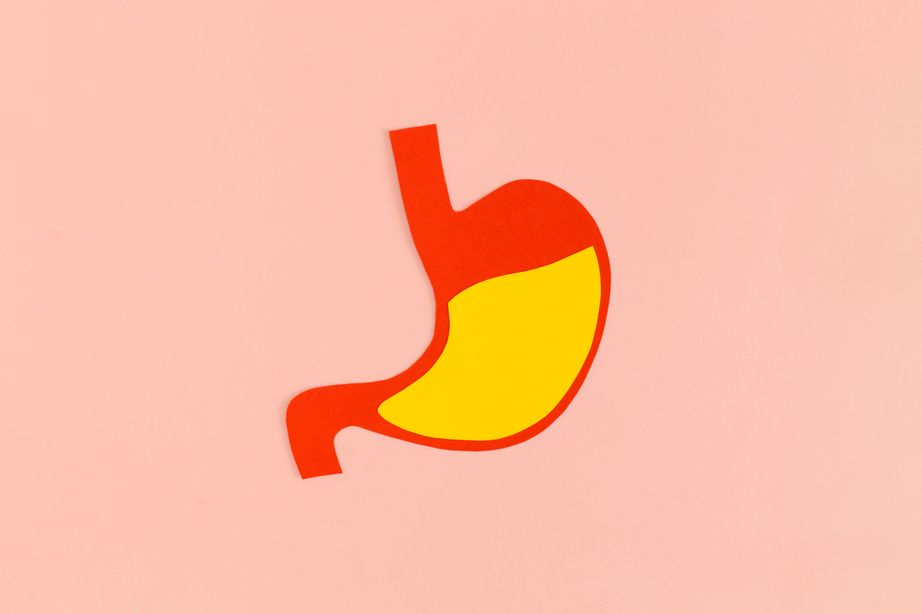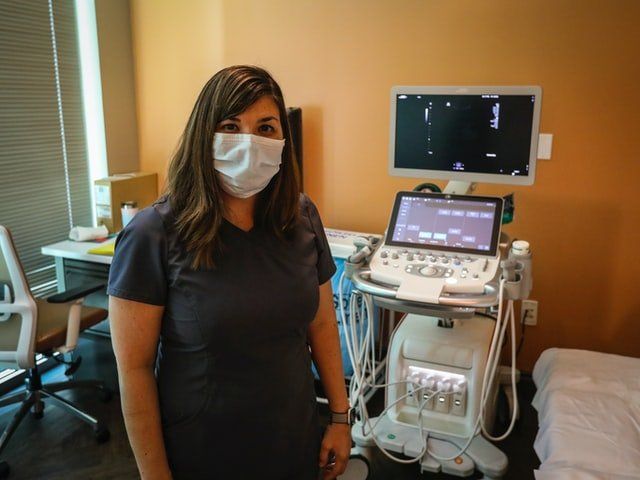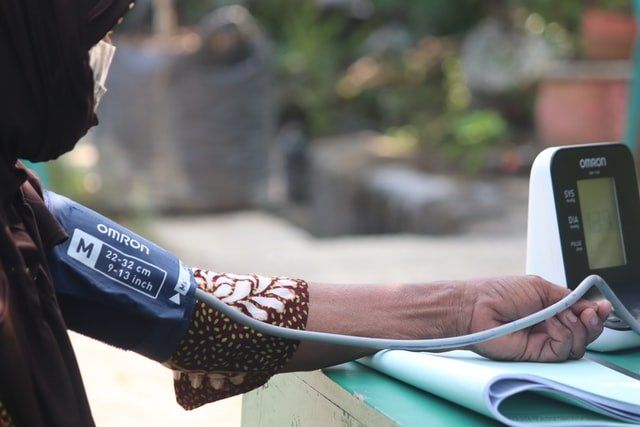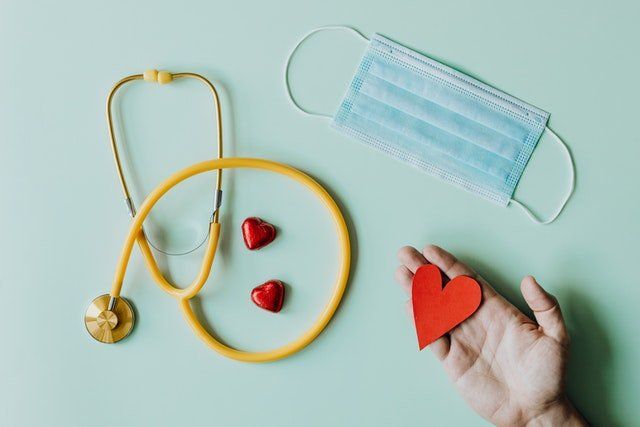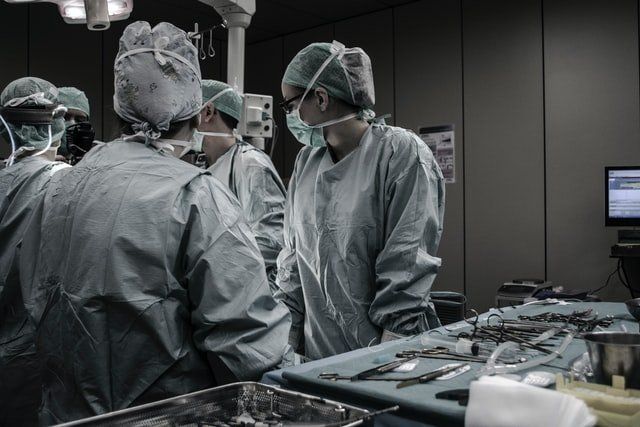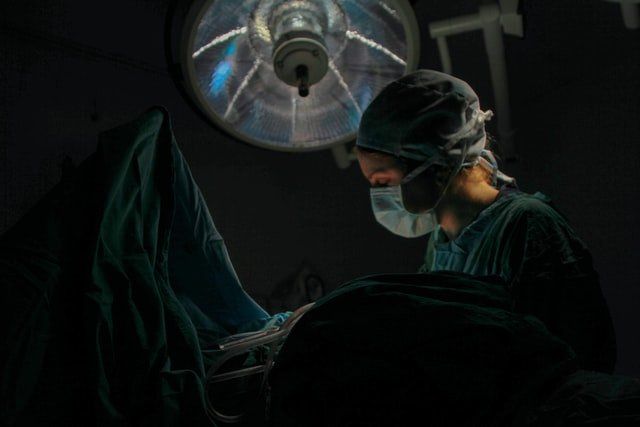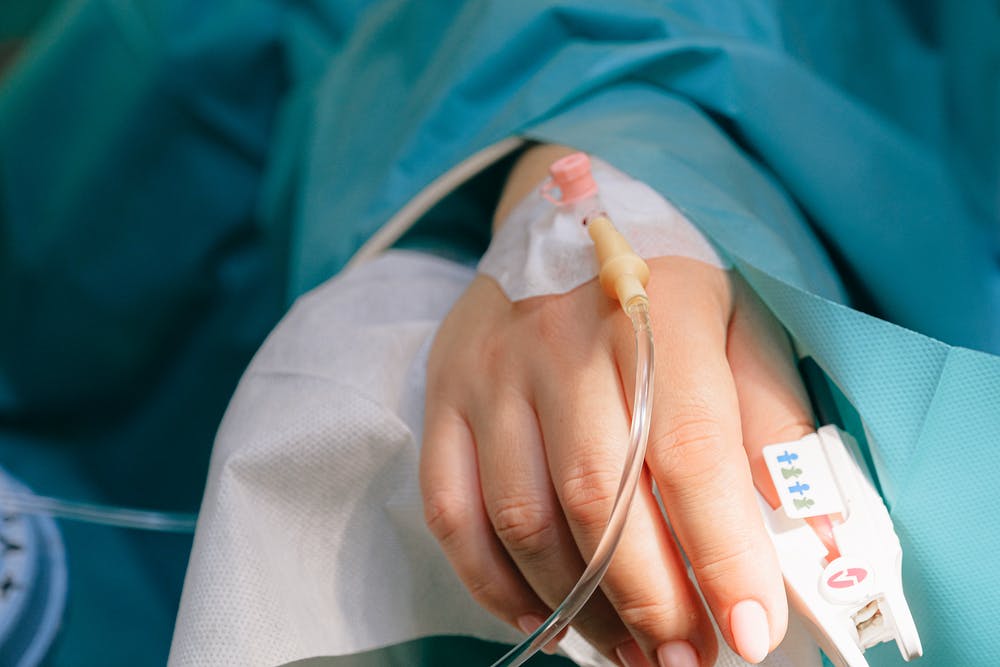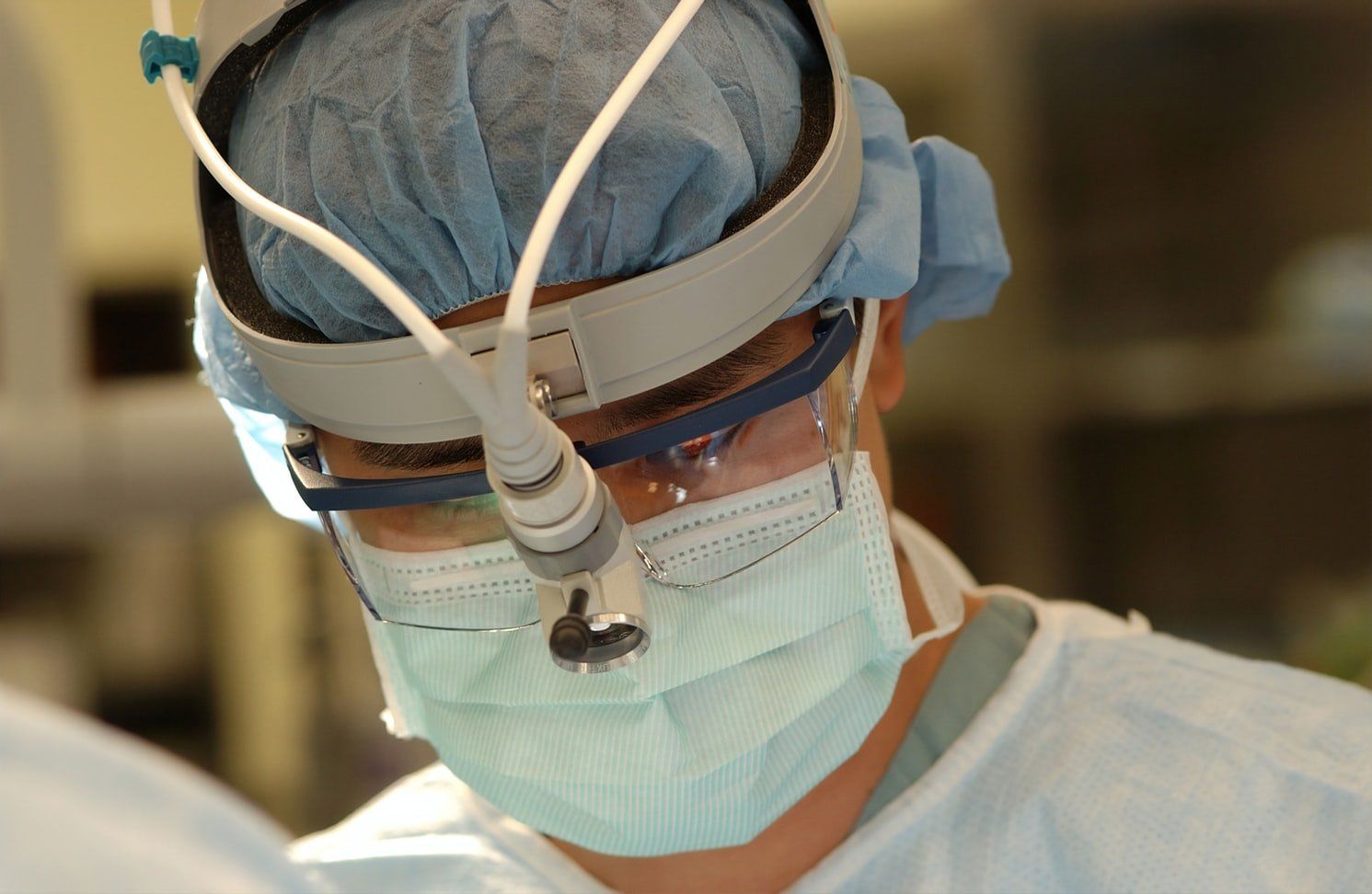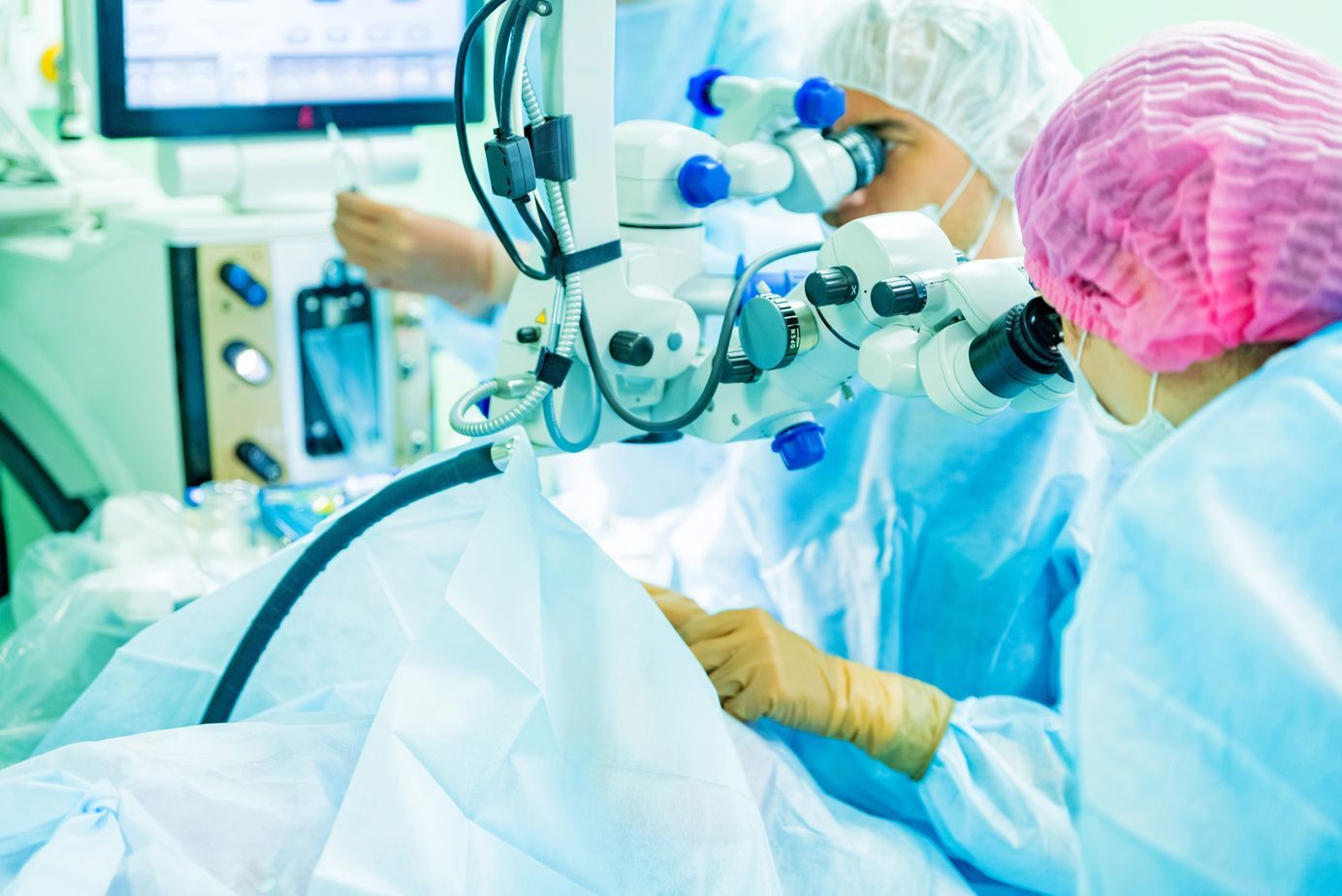What Is Sleeve Gastrectomy, and Why Is It Done?
Obesity is a common problem that many Americans face. Although many people accept it as a normal part of their bodies, excessive weight brings a plethora of life-threatening conditions. Obese individuals have a higher chance of developing high blood pressure, type 2 diabetes, stroke, sleep apnea, and heart disease.
Countering obesity is never easy, especially if you have conditions that affect your metabolism and prevent you from regulating your weight properly. For this reason, many individuals seek medical procedures to help them achieve their ideal weight and reduce problems associated with being overweight.
One of the rising methods to help people control weight is sleeve gastrectomy or vertical sleeve gastrectomy, wherein weight loss doctors use small instruments to make small incisions in the upper abdomen. They remove around 70–80% of the stomach, reducing it to a banana-shaped tube. In this article, we’ll explore this procedure and what effects it can have on digestion and weight loss.
What Is the Purpose of a Sleeve Gastrectomy?
Sleeve gastrectomy has been around since 2001, and it helps patients lose weight by restricting the amount of food they can eat and digest. This surgery reduces the calories they absorb and convert into fat. Moreover, this procedure also brings hormonal changes that help with weight loss.
Sleeve gastrectomy is a viable procedure for those who have a body mass index (BMI) of 40 or higher (extremely obese). It’s also helpful for obese individuals experiencing weight-related problems like severe sleep apnea, high blood pressure, and type 2 diabetes.
How Is It Done?
Sleeve gastrectomy can vary in procedures depending on an individual’s situation and the doctor’s practices. In one type of gastrectomy, the doctor makes large incisions on the abdomen. However, in most cases, it is a form of laparoscopic surgery, wherein the doctors only make small incisions and insert small instruments to operate on the abdomen with the help of cameras.
Doctors will administer general anesthesia before the surgery so that patients stay asleep and do not feel any pain during surgery. Afterward, they create a narrow sleeve in the stomach by stapling it in a vertical orientation and removing the larger, more curved part. The procedure takes one to two hours, and patients may have to stay one to two nights recovering in the hospital.
What Will Be the Results of the Procedure?
Sleeve gastrectomy brings long-term weight loss. Many patients experience up to a 60% reduction in their excess weight within two years after surgery. However, it should be followed by numerous permanent lifestyle changes to maximize its effectiveness.
Are There Any Risks?
You may experience drastic changes three to six months after the procedure because your body will have to adjust to rapid weight loss. You may experience mood changes, dry skin, body aches, and even hair thinning. Some patients also report feeling tired or cold at times.
The Takeaway
Obesity can be incredibly challenging to control, and it can bring many serious health conditions. However, with the help of weight loss procedures, it can be more manageable. Sleeve gastrectomy, endoscopic gastroplasty, and aspiration therapy can all help patients achieve their long-term weight goals and improve their quality of life.
If you’re looking for
weight loss doctors in NJ, Dr. Michel Kahaleh is a reputable gastroenterologist and endoscopist who can help you achieve your goals. Let our clinic provide you with the utmost quality of care and assist you toward optimum health. Contact us today!

